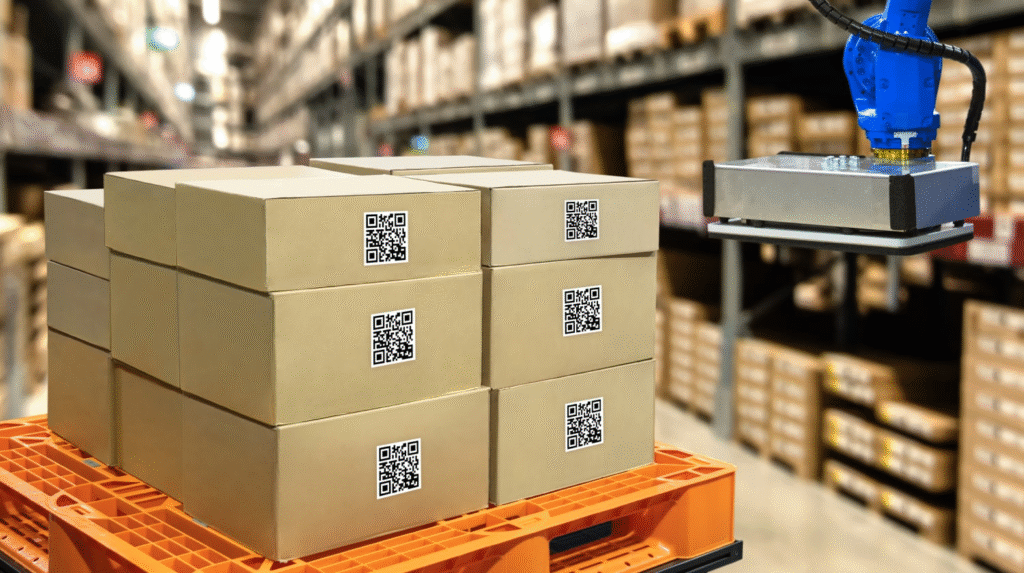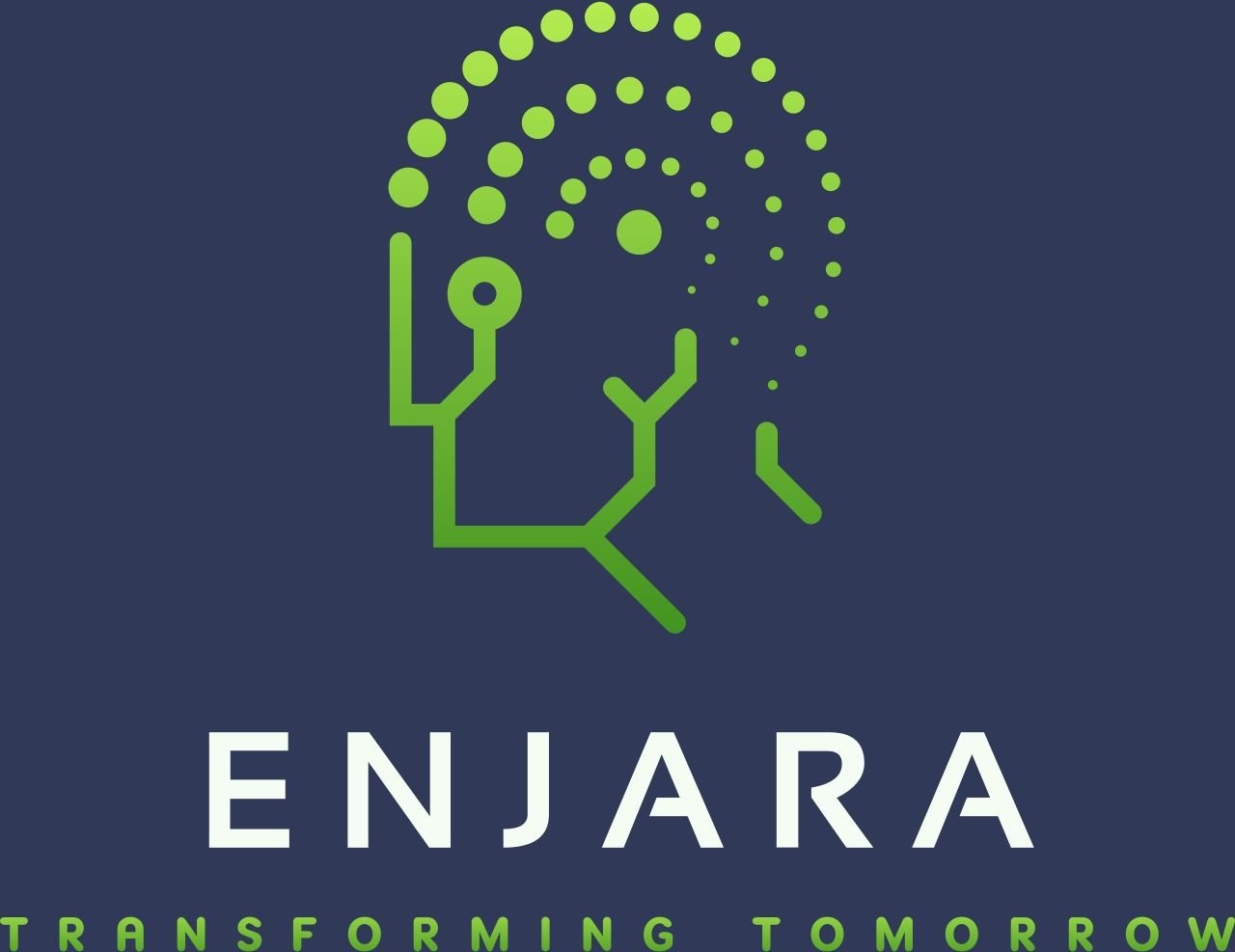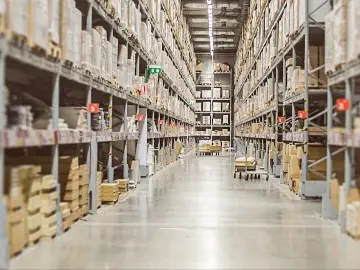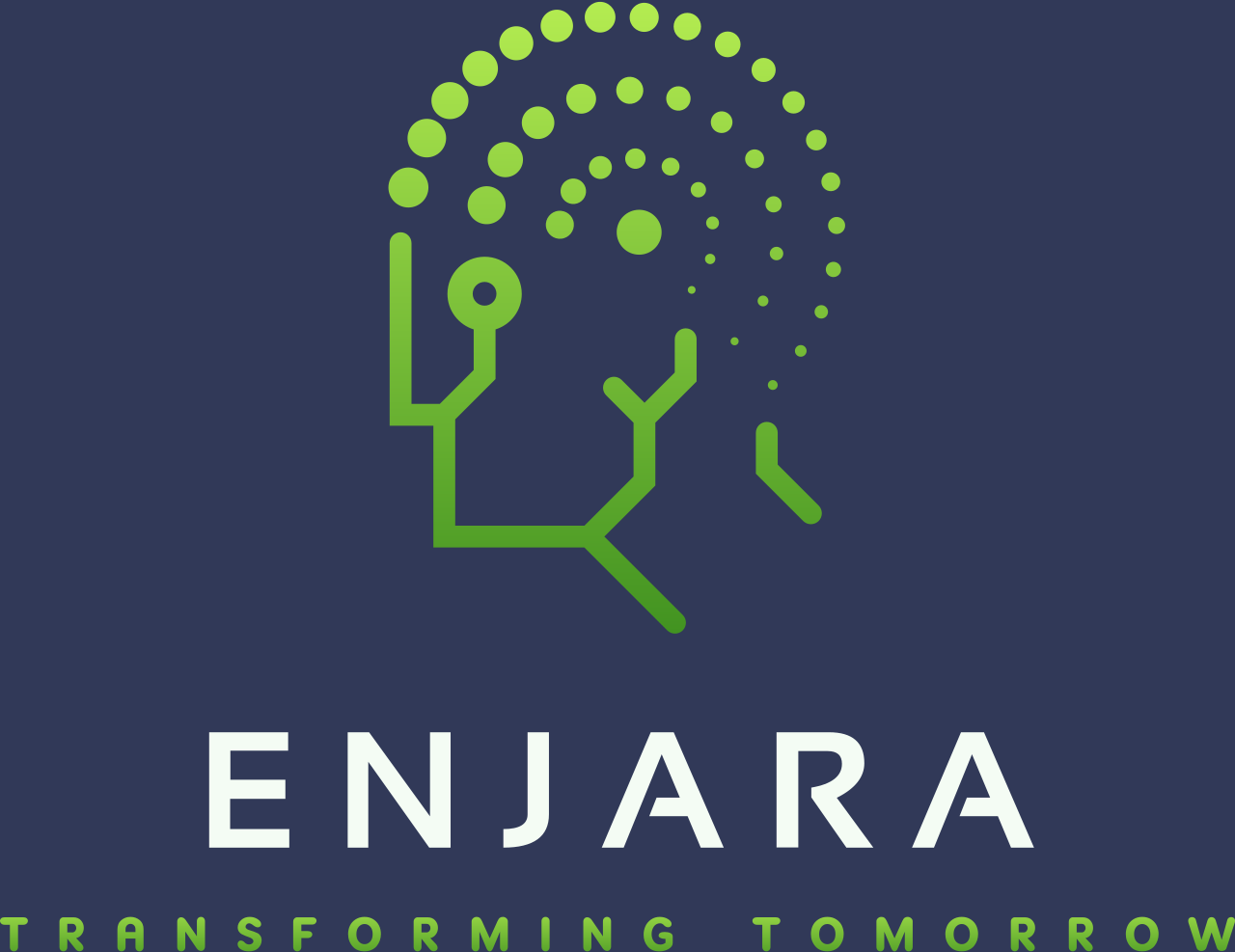Client Background
Our client is a Fortune 100 global leader in engineering and technology, headquartered in Germany. With a vast network of over 440 subsidiaries and regional offices, they operate in more than 60 countries worldwide. Their business spans four key sectors: Mobility, Industrial Technology, Consumer Goods, and Energy & Building Technology.
Business Challenge
The client aimed to optimize inventory management across a growing network of warehouses. However, their existing logistics platform was outdated, monolithic in design, and not built for large-scale operations. To keep pace with their growth, they required a modern, scalable solution that could significantly improve the efficiency of internal logistics processes.
Enjara Business Solutions Approach
Enjara Business Solutions worked closely with the client to completely transform their logistics platform. Our strategy included:
- Implementing a cloud-native microservices architecture.
- Adopting DevOps best practices to streamline deployment and operations.
- Integrating advanced technologies such as AI, ML, NLP, OCR, and Computer Vision to automate and enhance warehouse operations.
Value Delivered
The upgraded platform is designed for rapid scalability across hundreds of warehouses, enabling faster performance, higher responsiveness, and improved operational efficiency.
Business Challenge: Meeting Customer Needs
As a leading global provider of technology and services, the client manages a vast ecosystem of factories, suppliers, warehouses, and the constant movement of raw materials and finished products. To improve logistics across their 400+ warehouses worldwide, they developed an internal logistics platform to help staff allocate and manage goods efficiently.
However, after limited deployment, it became clear that the platform had major limitations — it was inefficient, difficult to scale, and lacked the advanced capabilities needed for global operations. While the client recognized the need to modernize the system, they required a trusted partner with deep technical expertise to handle the transformation.
Enjara Business Solutions Approach: Comprehensive Transformation
Migrating to Microservices
The core bottleneck was the platform’s monolithic structure. Our Solution Architect designed a scalable, cloud-native infrastructure using Azure Kubernetes, proposing a modern tech stack and a clear migration roadmap.
This shift to microservices made it possible to easily integrate SaaS services like:
- Anomaly detection
- Delivery time predictions
- Route optimization
- Object recognition in logistics
- OCR for label scanning
- NLP for document verification
- Data mining and IoT sensor data processing
DevOps Implementation
We identified a gap in the client’s DevOps processes. Our team built a DevOps pipeline from the ground up, set up Azure-based environments for development and QA, and implemented CI/CD pipelines to automate microservices deployment.
Advanced Computer Vision Solution
A major part of the transformation was a Computer Vision (CV) system for contactless goods tracking, using industrial optic sensors and Nvidia Jetson devices. The client’s existing CV algorithms (from a previous vendor) were inefficient, so our Ph.D.-level CV expert redeveloped them entirely. We also implemented Continuous Delivery for Machine Learning, enabling ongoing cycles of model training, testing, deployment, and monitoring — critical for the client’s global operations.
Multi-Platform CV Mobile Application
We also designed and are developing a multi-platform mobile app supporting:
- Object detection
- Package damage detection
- OCR for barcode scanning
- NLP for document processing
Achievements: Driving Automation & Global Scalability
The solution — currently in advanced development — will enable warehouse cameras to automatically detect incoming packages, read barcodes under various conditions (different sizes, angles, or damaged labels), and update delivery statuses instantly. The mobile app will allow warehouse staff to scan, allocate, and track packages in real-time.
With its cloud-native microservices architecture, the platform will seamlessly scale to over 400 warehouses across 60+ countries, handle high data loads without delays, and run on AWS, GCP, Azure, or on-premise — giving the client full control over costs and provider choice.

Benefits: Enhanced Internal Logistics
The modernized platform will deliver measurable operational improvements, including:
- Automation of manual tasks and reduction of paperwork.
- Streamlined inventory management for 400+ warehouses globally.
- Near real-time tracking of packages and predictive load management.
- Automatic package damage detection to reduce defective shipments.
- Optimized warehouse planning, reducing downtime and operational overhead.


